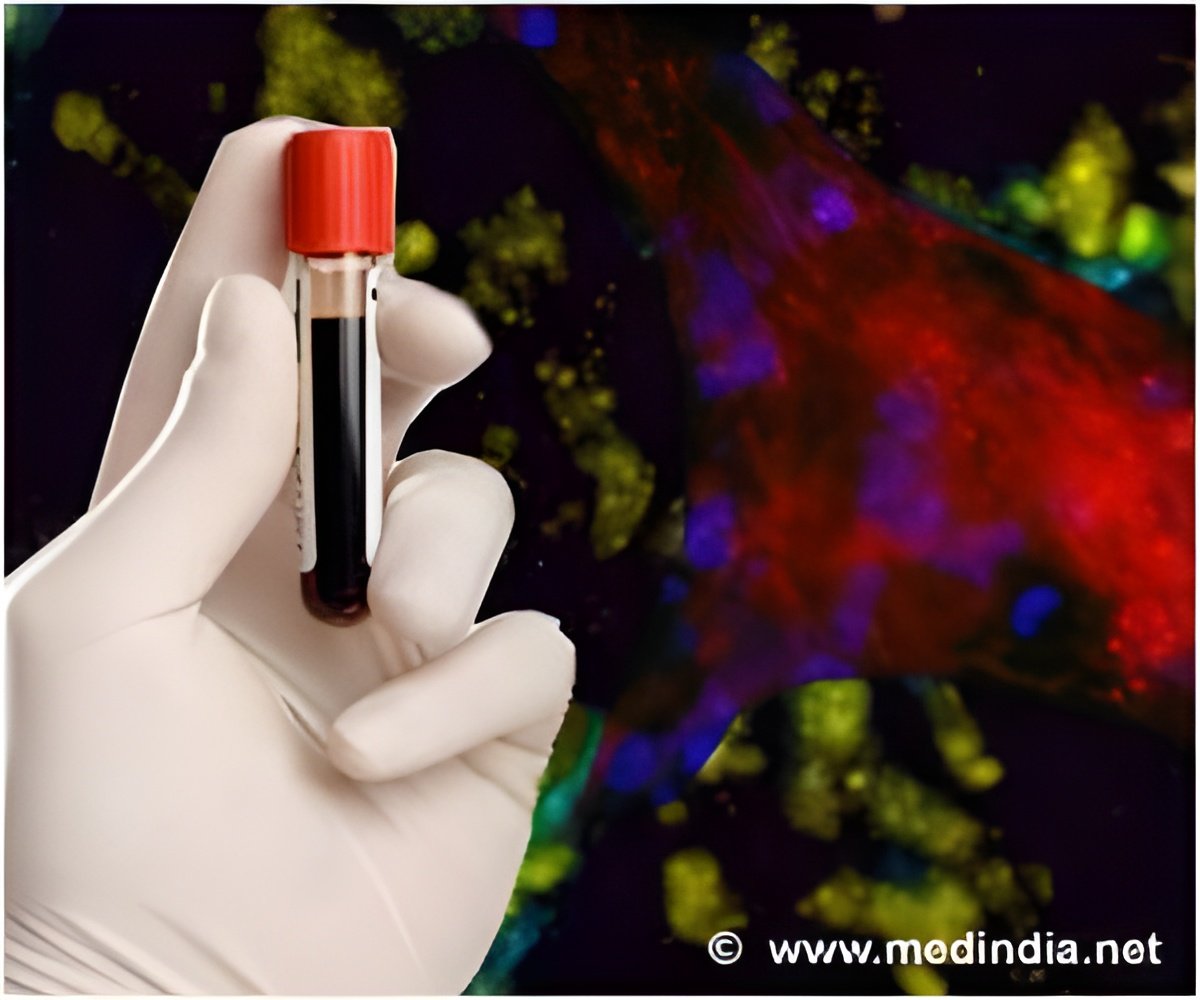Stem cells found in the menstrual blood have the potential to treat diseases like stroke, Alzheimer’s disease, Lou Gehrig’s disease, or amyotrophic lateral sclerosis.

Stem cells have the unique quality of differentiating into any type of cell. As these cells are immunologically immature in nature, they are able to contribute successfully in the cell survival after a transplant. Researchers have harvested stem cells from menstrual blood under laboratory conditions and the harvested cells were successfully differentiated into nerve cells in vitro under lab culture conditions that were controlled. When the differentiated cells were infused into an animal model of stroke, these cultured stem cells reduced behavioral impairments in the stroke model.
It is now established that endometrial wall of the uterus has unique quality of regeneration. There is a thick growth of blood cells which are dispelled every month and the uterus prepares a new endometrial lining and prepares itself for pregnancy. The shed blood contains varied cells some of which have regenerative properties. Researchers tried to find out the practicality and feasibility of collecting menstrual blood in order to harvest the stem cells. They performed several types of analysis of the shed blood and found that these cells can not only be harvested but they also differentiated into specific cells like cartilage, neural tissue or adipose tissue. When menstrual stem cells were induced to the adipogenic lineage, chondrogenic or osteogenic lineage, they displayed histological characteristics such as the presence of fat vacuoles in adipocytes or calcium deposits for bone.
The Menstrual stem cells (MeSC’s) have a great importance for clinical translation of regenerative therapies. The studies demonstrate that these are a unique population of cells that can be safely isolated and can provide us with an expandable source of stem cells from women until they reach menopause. Considering their relevance and importance in treatment of rare diseases including certain neuro disorders, it becomes crucial for women to preserve their menstrual blood in the Menstrual Blood Bank.
Menstrual Blood Banking enables women to store their menstrual blood under required conditions and preserve it for future. These banks charge minimal annual fee for storage and preservation and allows you to have lifelong benefits from them. Although Menstrual Blood banking is still new and lot of research is still going on menstrual blood, if its benefits are utilized, it can prove to be very beneficial for all women who want to give themselves the gift of good health. The process for collection of menstrual blood is simple; like tampon, a silicone cup is inserted in the vagina on the day of heaviest flow. The cup needs to be placed inside the vagina for at least three hours so as to collect approximately 20 milliliters of blood. This is then poured in the collection kit and is sent back to the menstrual blood bank laboratory where it is processed, frozen and stored. What makes this method user friendly is that it is completely painless and non invasive. Also, any woman who wants to preserve stem cells for future can do so without having to wait for delivery of baby.
Menstrual Blood Banking has a wide scope as the need for regenerative therapies incorporating cells that can engraft and differentiate is vast. Though Menstrual Stem Cell technology is yet to be utilized in human treatments and therapies, the research has established the beneficial properties of these cells and their potential use in treatment of several medical conditions like atherosclerosis, diabetes, stroke, rheumatoid arthritis, Parkinson disease and many more. Alongside, menstrual blood can overcome the problem of immune rejection during the transplant, allowing the female patients to use their own stem cells for the treatment. Thus, it can be said that Menstrual Blood Banking has a vast scope in future and is the next big thing in the medical world.
Source-Medindia















